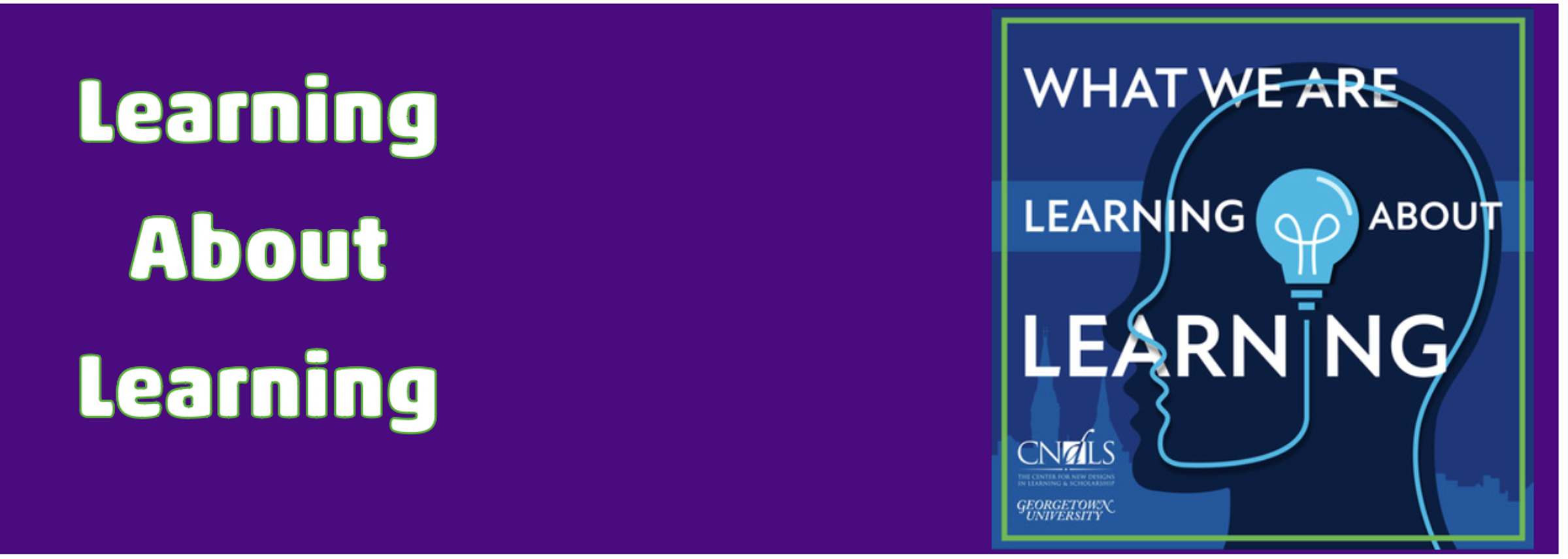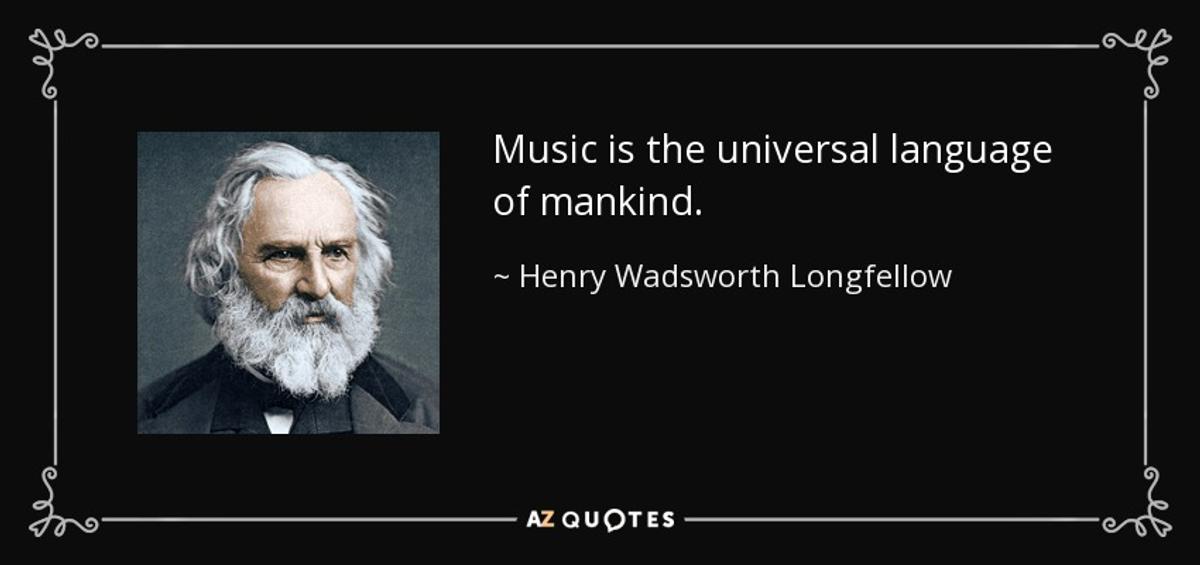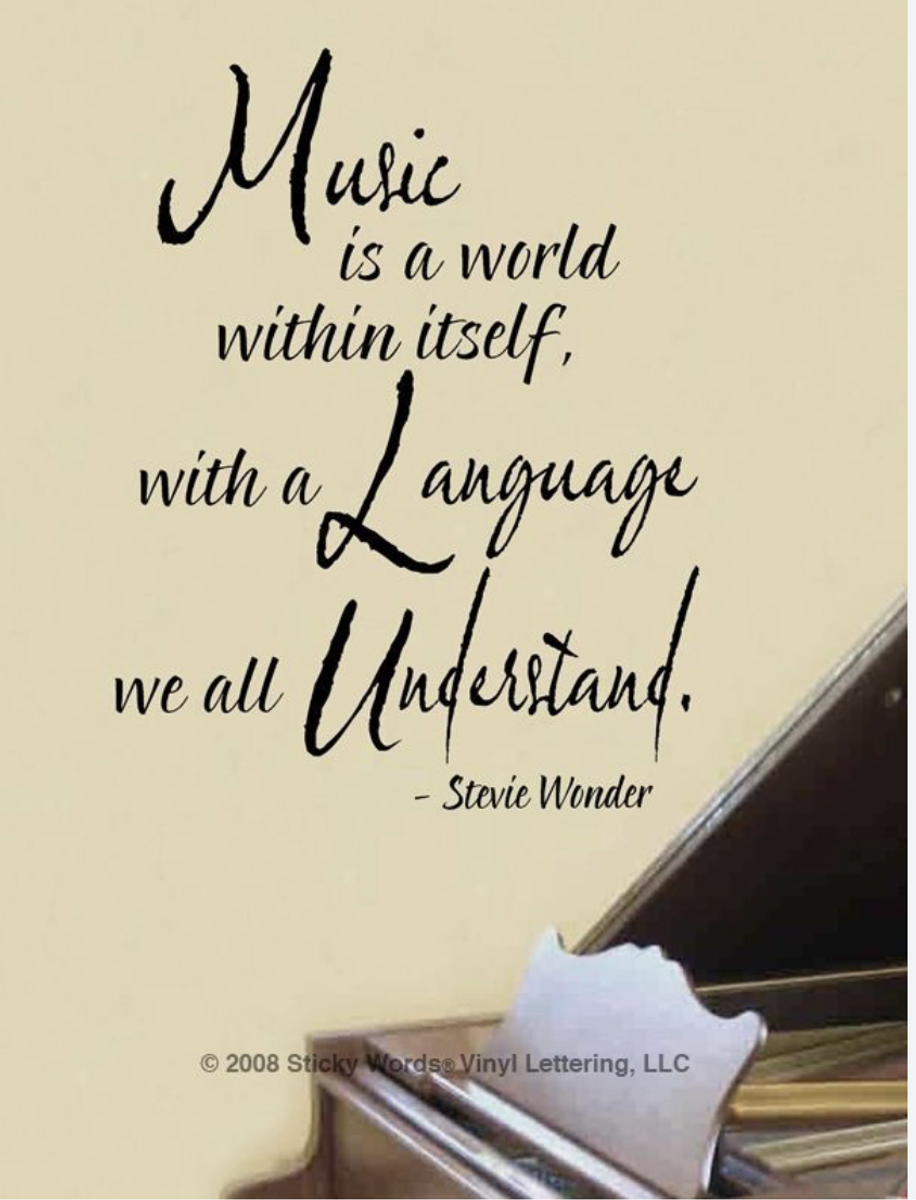Learning About Learning:

The Four Original Languages - Part Four:
Music
Music is one of the four original languages embedded into our DNA before birth. It plays a crucial role in our lives and significantly enhances the learning experience for our children.
Music as an ‘Original Language’
Music is an ‘original language’ because it transcends verbal communication, connecting people through emotions, rhythms, and melodies. Music has been a fundamental form of expression and communication since the earliest stages of human history. Before developing spoken and written languages, humans used sounds, rhythms, and melodies to convey messages, tell stories, and express feelings. This universal language of music has the power to break down barriers and bring people together, making it a vital tool for social and emotional learning.
The Educational Benefits of Music
Music education offers numerous benefits for students, both cognitively and emotionally.
Some of the key ways music helps in the learning process:
1. Enhancing Memory and Cognitive Skills:
- Music training improves memory, attention, and concentration. Learning to play an instrument or understanding musical notes requires the brain to process different information types simultaneously, enhancing cognitive skills.
2. Boosting Language and Literacy Development:
- Exposure to music and musical activities helps children develop language skills. The patterns and rhythms in music are similar to those in language, making it easier for children to grasp phonetic awareness, vocabulary, and sentence structure.
3. Fostering Emotional Intelligence:
- Music evokes emotions and helps children recognise and manage their own feelings. This emotional awareness is crucial for developing empathy and social skills.
4. Improving Mathematical Skills:
- Music and mathematics are closely related. Understanding musical rhythms, beats, and scales involves recognising patterns, counting, and spatial-temporal skills, which are fundamental to mathematical learning.
5. Enhancing Creativity and Critical Thinking:
- Music encourages creative expression and critical thinking. Composing music or improvising requires problem-solving skills and innovation, fostering a creative mindset that can be applied to other areas of learning.
School Subjects Enhanced by Music
Incorporating music into the curriculum positively impacts various subjects, including:
• Language Arts:
Music enhances vocabulary, reading comprehension, and writing skills. Song rhythm and rhyme can improve phonemic awareness, critical for reading proficiency.
• Mathematics:
Music’s inherent patterns and structures help students understand mathematical concepts like fractions, ratios, and sequences. Studies have shown that students who engage in music education often perform better in math.
• Science:
Music education fosters scientific thinking through the exploration of sound waves, frequency, and acoustics. Students learn about the physics of sound and the biological aspects of hearing and vocalisation.
• Physical Education:
Music motivates movement and coordination. Dance and rhythmic activities improve motor skills, balance, and physical fitness, contributing to overall physical well-being.
• Social Studies:
Music provides a window into different cultures and historical periods. Through music, students gain a deeper understanding of cultural heritage and historical contexts, promoting global awareness and appreciation of diversity.
Western Heights School is committed to nurturing our students' intellectual, emotional, and social development. Integrating music into our educational approach is a testament to this commitment.
We particularly acknowledge the work of Music Maestros Mark McLay and Isla Noakes in providing our children with awesome music opportunities.
We encourage our parents to support and engage their children with music, knowing that the benefits of music education extend far beyond the classroom.


